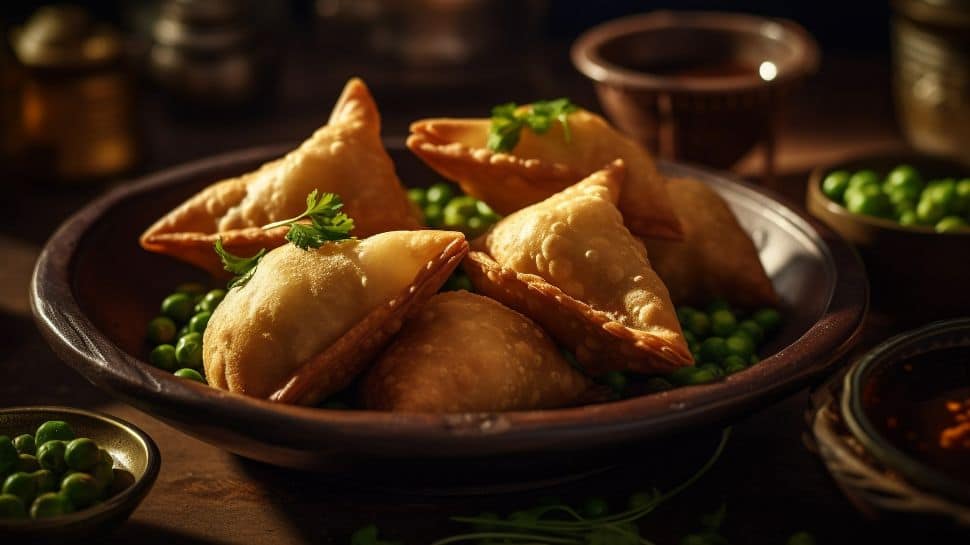The festive season is here and in India, festivities particularly means binging on street food like samosa, namkeens and more. While it’s difficult to resist the temptation of delicious samosa or that yummy pakoda, experts warn that reused oil of street food can have far-reaching consequences, and can cause even deadly disease like cancer.
According to Dr Vishal Khurana, Director – Gastroenterology, Metro Hospital, Faridabad, “Used cooking oil has serious health effects, such as a heightened risk of cancer. When used repeatedly or reheated, chemical reactions take place that decompose the oil and generate toxic compounds like free radicals, trans fats, aldehydes, and polycyclic aromatic hydrocarbons (PAHs).”
He adds that these poisonous substances can induce inflammation, oxidative stress, cellular injury, and DNA mutations, all of which drive cancer formation, along with other diseases such as cardiovascular disease, diabetes, and obesity.
Reused Oil Can Wreak Health Havoc
According to Dr Khurana, free radicals from recycled oil harm cells and DNA, causing inflammation and cancer risk. “Recycled oil also boosts LDL cholesterol and blood pressure, again affecting cardiovascular health.”
Also Read: Breast Cancer: How Sleep Deprivation And Physical Inactivity Can Increase Risk
How Recycled Oil Raises Cancer Risk
Repeated consumption of heated oils has been linked by studies with increased rates of cancers such as lung, colorectal, breast, and prostate cancers. Dr Khurana lists the following points:
– Repeated heating decomposes oil molecules and forms carcinogenic compounds such as PAHs and aldehydes.
– These chemicals cause genotoxicity, mutagenicity, and tumorigenesis by breaking cellular DNA.
– Free radicals and oxidative stress cause inflammatory responses that lead to cancer and other disease conditions.
Dos And Don’ts Of Using Cooking Oil
While you can’t control how food is cooked at eateries outside, here are some essential steps to follow while using cooking oil at home.
Dos:
– Use fresh cooking oil and do not reheat it several times.
– Choose oils with high smoke points that are more stable at cooking temperatures.
– Keep oils stored properly away from light, heat, and air in order to avoid oxidation.
– Fry food in batches to reduce reusing oil.
– Properly dispose of oil and don’t use visibly deteriorated or darkened oil.
Don’ts:
– Avoid continuously reusing cooking oil for frying or cooking.
– Don’t heat oil excessively above its smoke point to avoid toxin formation.
– Avoid using rancid-smelling or color-changed cooking oil.
– Don’t consume deep-fried or junk foods cooked in reused oil.
– Do not mix oils of different kinds or pour used oil into fresh oil.
“Re-used cooking oil is unhealthy primarily because carcinogenic and inflammatory substances it forms after repeated heating pose cancer and other disease risks. Proper usage and storage can avoid these risks significantly,” says Dr Khurana.
So next time you have a craving for that delish samosa, try and prepare it with fresh oil at home rather than binging on street food where you have no control on how oil is used.

